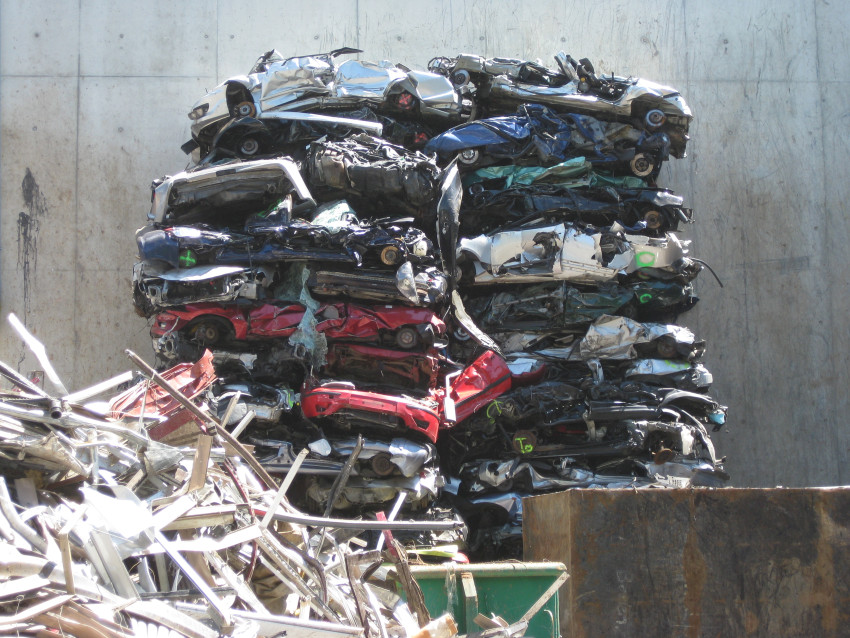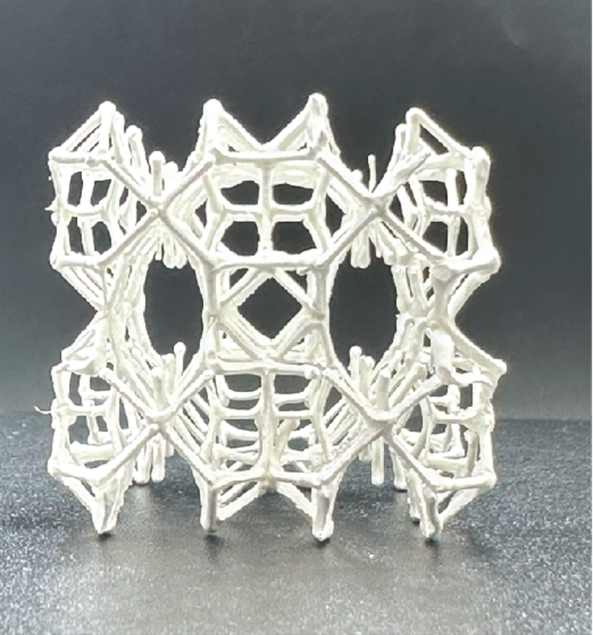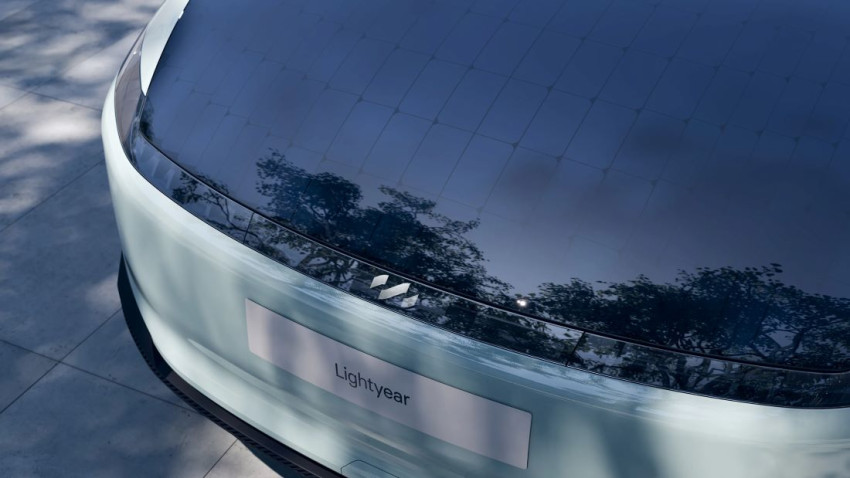
Car contains a lot of precious metals
Old cars ending up in the scrapyard contain large amounts of valuable material. Because cars contain an increasing proportion of high-tech electronics, the concentration of precious metals in the vehicles is also on the up. These metals are currently not recycled from cars, despite the great benefits this would entail.
This is demonstrated in a study from Chalmers University, to be presented on 8 March at a meeting of the International Energy Agency (IEA). The researchers built a database of materials in cars and ways to recover these materials.
20,000 kg of gold
According to the database, there's a lot to be gained. In 2015, the entire fleet of cars in Europe contained a total of 400 tonnes of gold. The number of cars that exited the fleet that year – being scrapped or ending up outside Europe's borders – accounted for 20 tonnes of gold. That's as much gold as is recycled annually from electronics. At least some precious metals are recovered there, but there is no recycling from vehicles.
And other materials too, such as neodymium, a rare earth metal, can be found increasingly in discarded cars. Since cars contain an increasing proportion of electronics, you're also more likely to find precious metals that are present in smartphones or other high-tech equipment.
Recycling is expensive
However, recycling these kinds of materials is not easy. In most cases, it's not (yet) economically attractive to recover relatively small amounts of these materials from a car before it is recycled further or scrapped. But the discarded metals are becoming increasingly scarce, and are often mined in conflict zones using polluting processes. 'Governments need to take policy measures if they want to change the current situation,' suggested one of the researchers in a press release.
The database is called the Urban Mine Platform by its makers. It suggests that Europe's waste mountain is a mine full of unexploited precious material. For each kind of metal, the Platform shows the route it covers in the European market, from the moment it is assembled into a telephone or car, right through to the scrapyard. In technical terms, precious metals are often recovered easily, with few losses. And it would substantially reduce European demand for these metals.
Our dossier on the circular economy, which covers the recycling of metals, contains more information about the subject.
If you found this article interesting, subscribe for free to our weekly newsletter!
Image: Empa






